
So, what do you want to do with your life?
When Dax Holding’s father, Stuart, asked himself that question back in the day, he knew what he didn’t want to do. Work in a South African textile factory like the one he came up in during the 1960s–cavernous, stale air, no natural light, 12-hour shifts running back to back, 24 hours a day.
So he relocated to Plettenberg Bay, where the subtropical forests meet the coast. You can imagine the beauty. He launched Mungo in 1997 as a mom-and-pop shop, reimagining what his life–and career–could be. A master weaver, Stuart made textiles in an old barn and his wife Jen sold them in her adjoining storefront. It was the kind of inviting, work-from-home arrangement so many of us now pine for.
“When I look at the word sustainability, I like to flip it around,” Dax says, “The ability to sustain. I think that gives it more meaning.” Dax now runs Mungo, a mom-and-pop that has evolved into a global brand. But Dax hasn’t abandoned his father’s ethos for the company. When it came time to build a proper mill for Mungo to produce its heirloom-quality textiles on vintage looms, he and Stuart recruited their friend, Italian architect Andrea Christoforetti. He reconceived what their workspace could be—double-height ceilings, a bold brick structure wrapped in wood webbing—and he urged them to position the new mill at the front of their property, so as to attract curious visitors. They knew he was right and Mungo’s headquarters is now open to all comers for tours and visits.
“The concept of transparency is something we strongly believe in,” Dax says. “It’s so important to know where stuff is coming from and how it’s made. You’re less likely to throw something away if you know how much effort and resources went into crafting it.”

This article was originally published on Powered by People. View it on their website.
Shop all Mungo Products at Anacua House


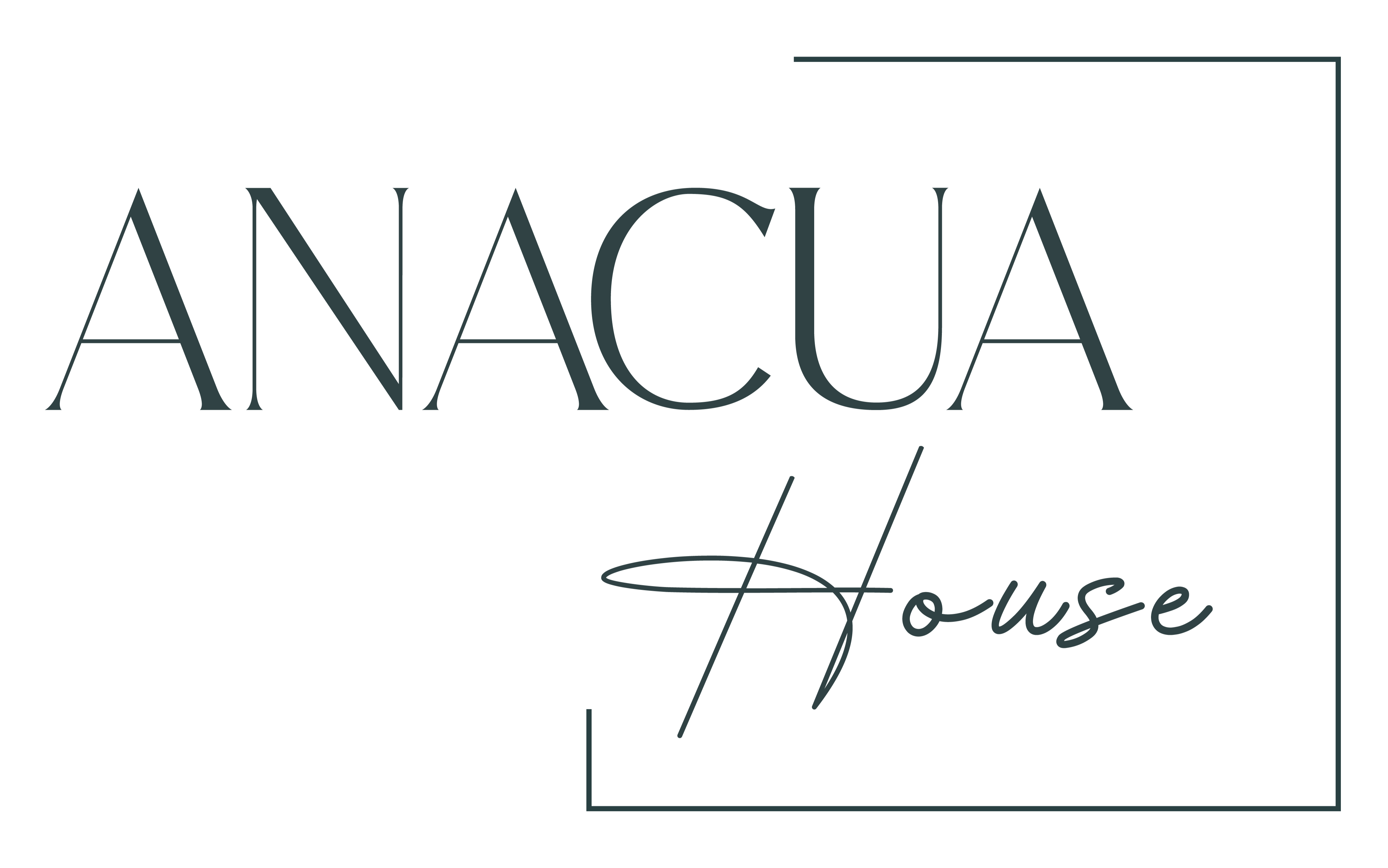
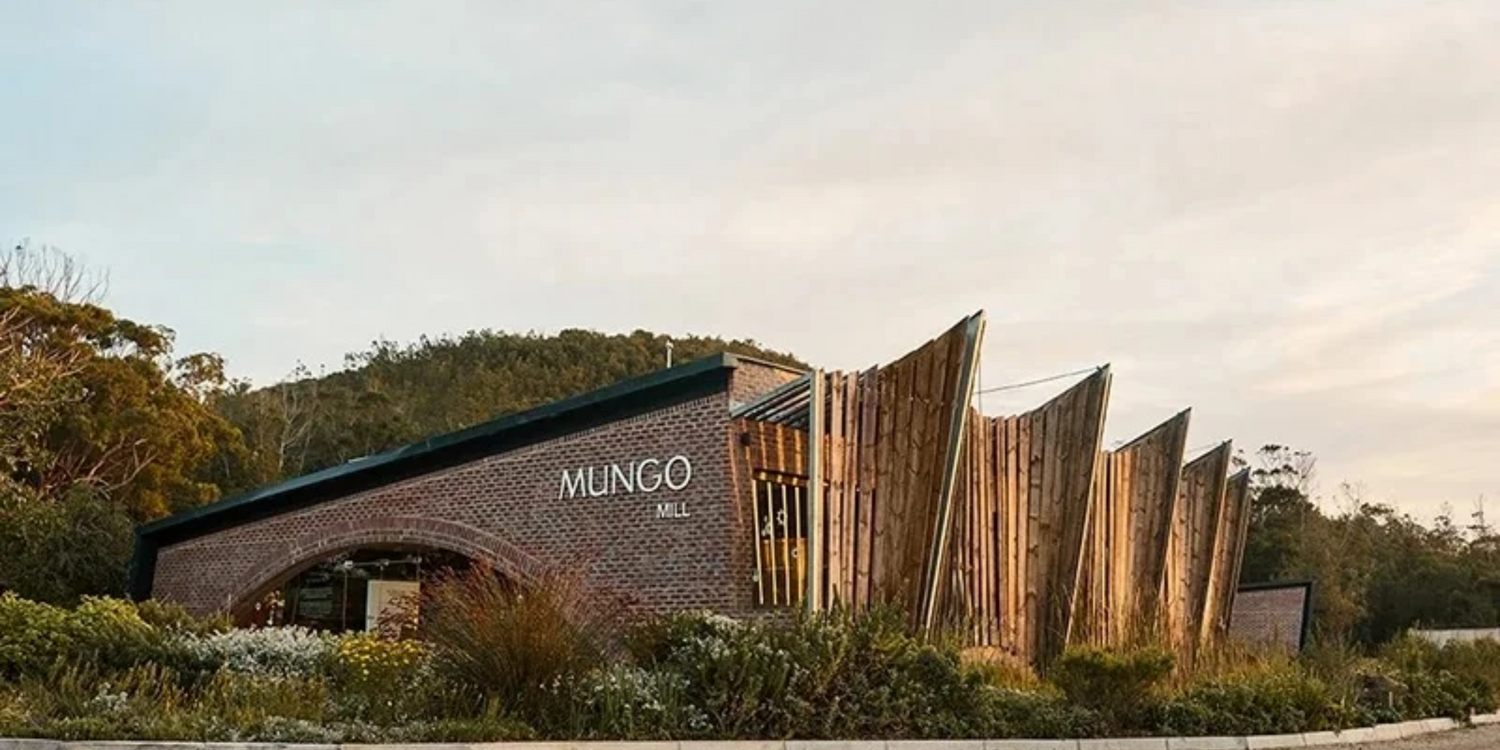
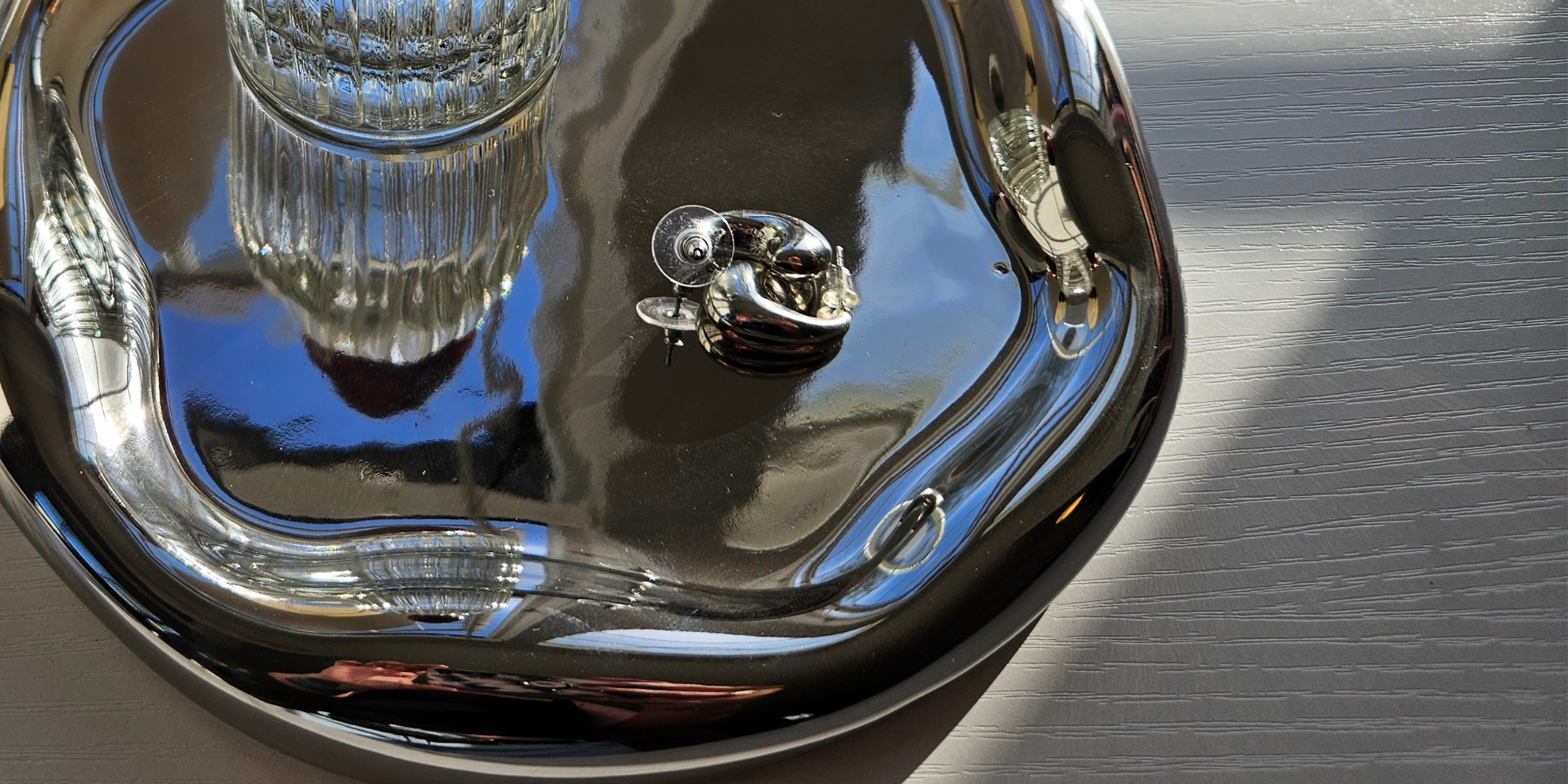
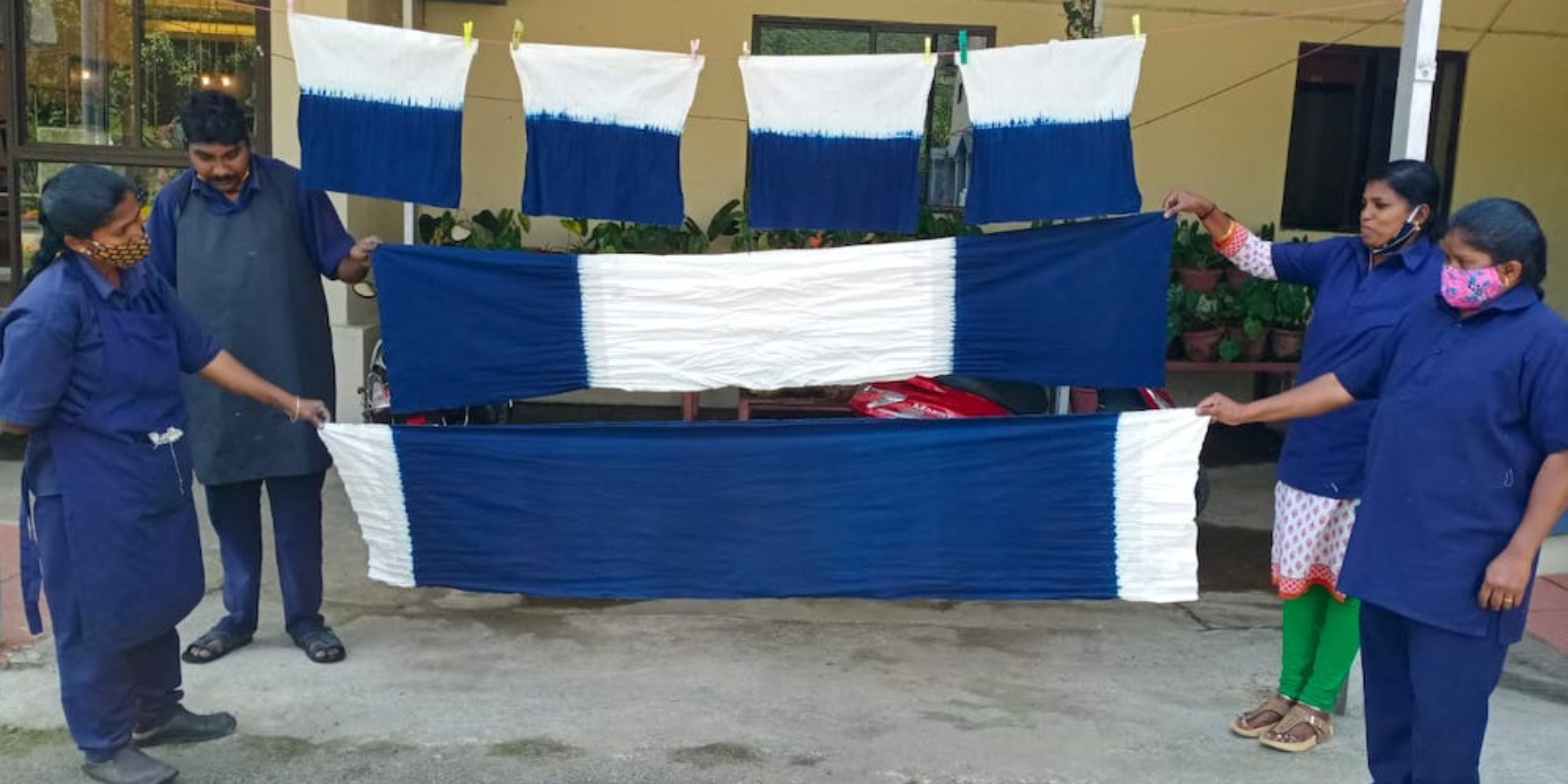
Leave a comment
All comments are moderated before being published.
This site is protected by hCaptcha and the hCaptcha Privacy Policy and Terms of Service apply.